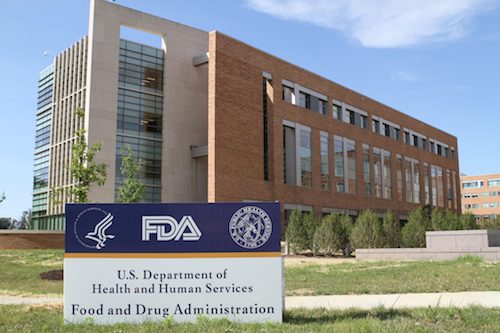
While there are more than 7,000 rare diseases, only two gene therapies have been approved by the US Food and Drug Administration (FDA) to treat inheritable conditions. The Bespoke Gene Therapy Consortium (BGTC) aims to change that.
Bringing together ten pharma companies with the FDA, National Institutes of Health and five non-profit organisations, the BGTC aims to ‘optimise and streamline’ the gene therapy development process. The hope is this initiative will accelerate the development of treatments for the 30 million Americans suffering from a rare disease.
“Most rare diseases are caused by a defect in a single gene that could potentially be targeted with a customised or ‘bespoke’ therapy that corrects or replaces the defective gene,” said NIH director Dr Francis Collins. “There are now significant opportunities to improve the complex development process for gene therapies that would accelerate scientific progress and, most importantly, provide benefit to patients by increasing the number of effective gene therapies.”
The new body recognises that the development of gene therapies for rare diseases is highly complex, time consuming and expensive, and that the development process is ‘stymied by limited access to tools and technologies, lack of standards across the field, and a one-disease-at-a-time approach to therapeutic development’.
It aims to develop a standardised therapeutic development model based around a common gene delivery technology (or vector) to save time and money in developing specific gene therapies.
“Rare diseases affect 25 to 30 million Americans, but because any given rare disorder affects so few patients, companies often are reluctant or unable to invest the years of research and millions of dollars necessary to develop, test and bring individualised gene therapy treatments for a single disease to market,” said Joni Rutter, acting director of NIH’s National Center for Advancing Translational Sciences. “The BGTC aims to make it easier, faster and less expensive to pursue bespoke gene therapies in order to incentivise more companies to invest in this space and bring treatments to patients.”
Five major pharma companies have signed up to be part of the BGTC – Biogen, Janssen, Novartis, Pfizer and Takeda – plus smaller companies like REGENXBIO, Spark Therapeutics, Taysha Gene Therapies and Ultragenyx, as well as Thermo Fisher Scientific. The non-profit partners include the Alliance for Regenerative Medicine, the American Society of Gene and Cell Therapy and the National Organization for Rare Disorders.
Both the NIH and private partners will provide funding of around $76m over five years to support BGTC-funded projects, including a clinical programme of four to six trials, with each focusing on a different rare disease. These trials aims to shorten the path from studies in animal models of disease to human clinical trials.




